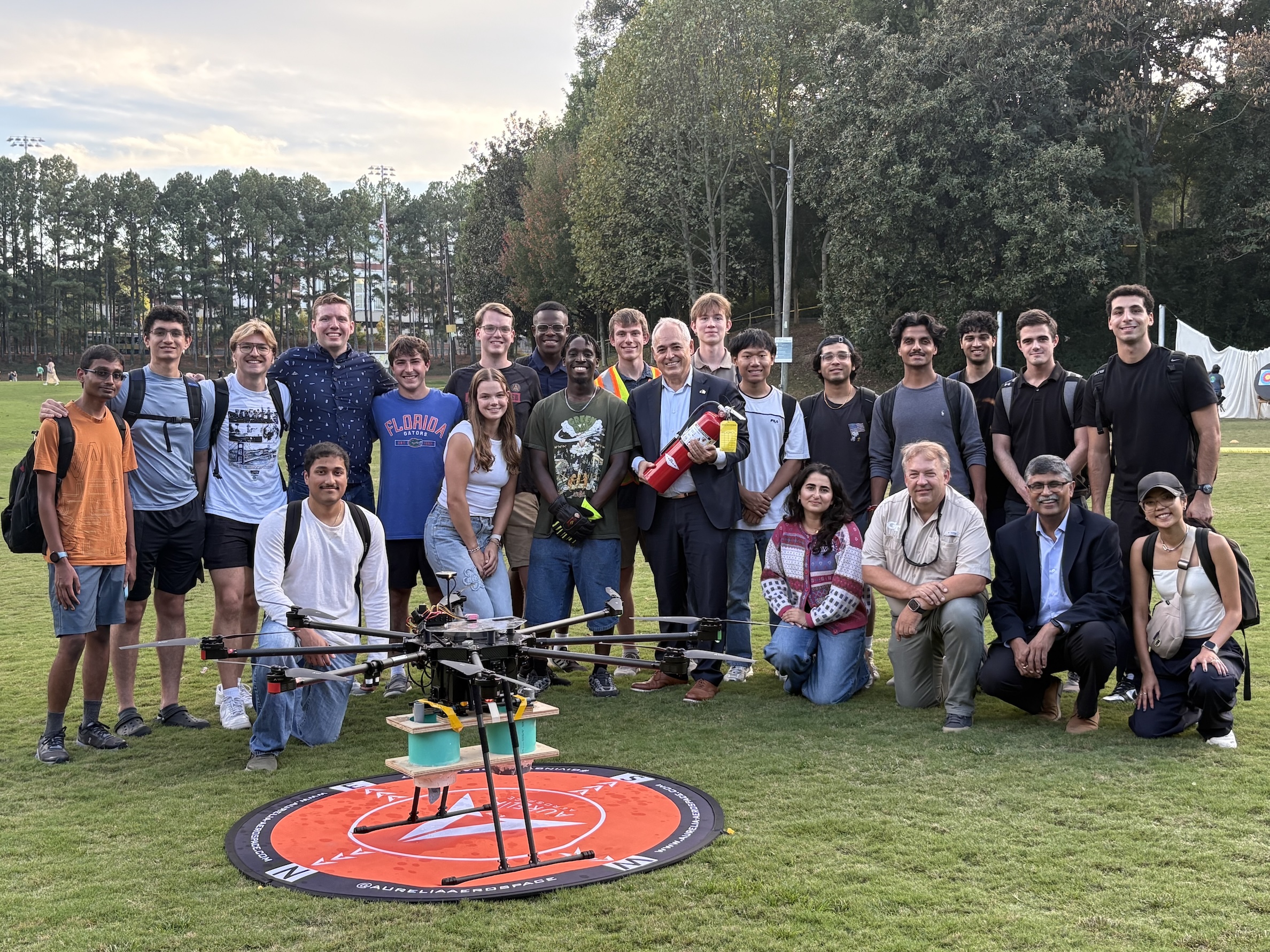
How Vertically Integrated Project Teams Like Georgia Tech’s FlameJackets Are Shaping Tomorrow’s Problem Solvers
Imagine a class where undergraduate and graduate students join faculty to tackle real-world challenges — moving beyond textbooks to create innovative solutions with lasting impact. This is the reality of Vertically Integrated Projects (VIP), a groundbreaking educational model that began at Georgia Tech in 2009 and is now transforming universities around the globe. VIP is not just another program; it’s a movement that’s redefining how we learn, collaborate, and innovate.
What started as an experiment at Georgia Tech has blossomed into an international phenomenon. Today, VIP programs can be found at institutions across North America, Europe, Asia, Africa, and Australia. The VIP model has spread and succeeded all over the world because universities recognize its unique ability to unite students at different academic levels, foster interdisciplinary collaboration, and address complex problems that traditional courses often overlook.
Collaboration, Mentorship, and Impact
The magic of VIP lies in its structure. Teams are formed around long-term projects, allowing students from diverse majors and backgrounds to work side by side, mentored by graduate students and faculty experts. This dynamic environment encourages creative thinking, exposes students to multiple disciplines, and builds a culture of mentorship and mutual support. The projects are not hypothetical — they’re designed to solve genuine problems, ranging from environmental sustainability to cutting-edge technology development.
For students, VIP is a transformative journey. They gain hands-on experience and learn how to communicate across disciplines, manage complex tasks, and lead diverse teams. The mentorship from graduate students and faculty provides guidance and inspiration while the team structure nurtures essential skills like project management, critical thinking, and resilience. From first-years to seniors, every participant finds opportunities for growth and leadership, making VIP a powerful incubator for future innovators.
Georgia Tech’s FlameJackets and the XPRIZE Wildfire Challenge
I just visited one of our VIP teams, the FlameJackets, led by Mike Tinskey, professor of the practice and interim associate chair for innovation and entrepreneurship in the George W. Woodruff School of Mechanical Engineering. This team exemplifies how VIP can connect classroom learning with global impact.
The FlameJackets are competing in the prestigious XPRIZE Wildfire competition, where they’re developing groundbreaking firefighting technologies to help communities confront the growing threat of wildfires. The team is developing a hybrid fuel-electric drone to autonomously detect and suppress wildfires, and they’ve advanced to the top 15 semifinalists in the competition.
Their work brings together students from engineering, computer science, and environmental sciences, blending knowledge and creativity to design solutions that could save lives and transform disaster response. Under Tinskey’s mentorship, the team has become a beacon of innovation, demonstrating what’s possible when education is paired with practical application toward an urgent need.
Lasting Impact and the Future of Learning
VIP teams don’t just benefit their members — they create ripples of positive change in academia and beyond. Students graduate with practical skills, professional networks, and the confidence to lead. Faculty gain new avenues for research and teaching while universities build stronger ties to industry and community partners. Most importantly, the solutions developed by VIP teams address pressing societal challenges, proving that education can — and should — be a real-time force for good.
As the world faces increasingly complex issues, the need for collaborative, interdisciplinary problem solvers has never been greater. VIPs are paving the way, showing educators, students, and innovators how to join forces and make a difference. The story of the Georgia Tech FlameJackets is just one example of what’s possible. Let’s embrace the VIP model, nurture mentorship, and empower the next generation to tackle the challenges ahead.
